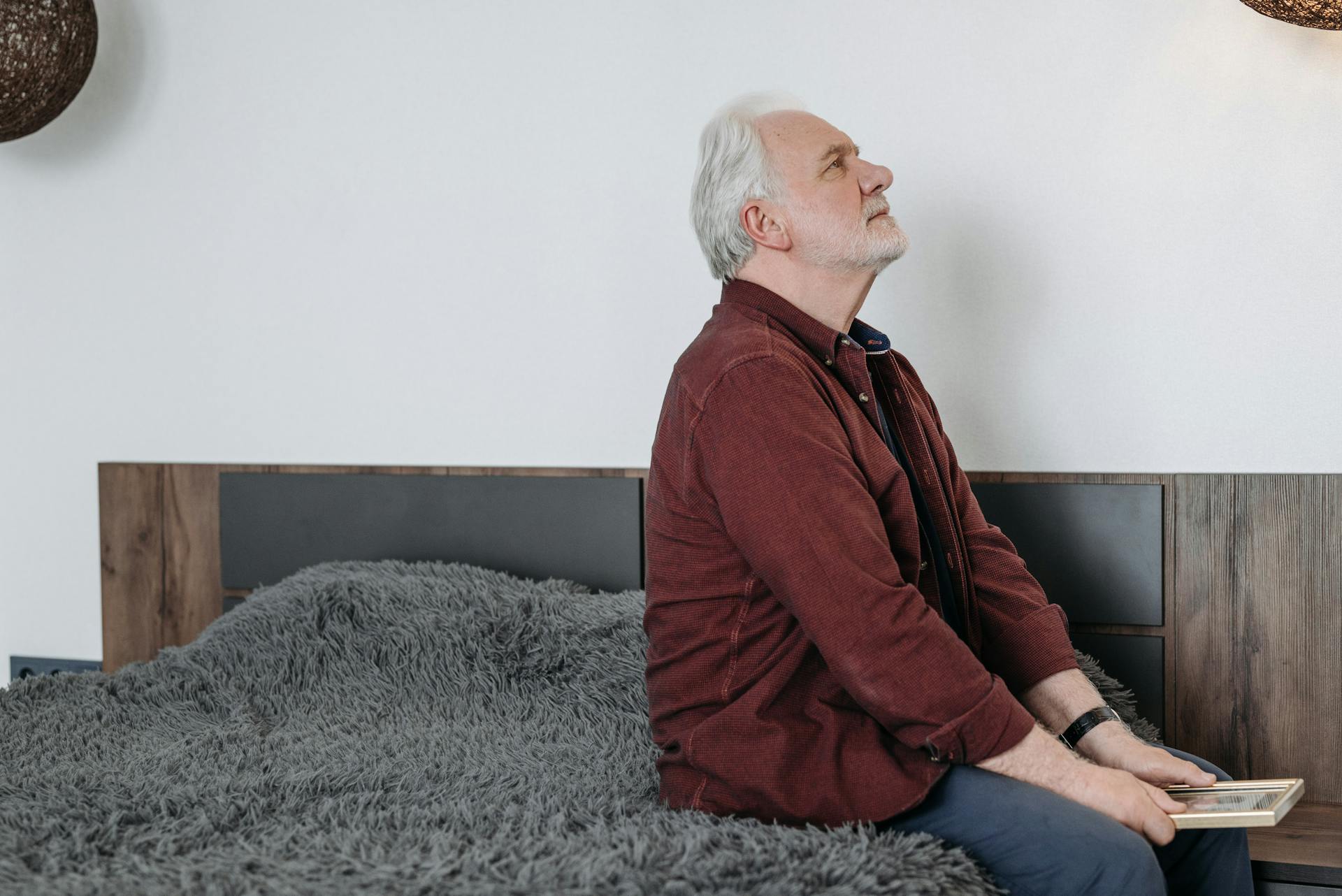By: Rikki Siegel, Preventionist
Chronic pain is an ongoing problem among the senior community. Chronic pain is defined as pain lasting months or years. “It persists beyond a recovery period or occurs alongside a medical condition” (https://www.hopkinsmedicine.org/). Diseases that cause chronic pain include diabetes, heart disease, arthritis, and cancer. Chronic pain can be caused by genetic factors, lifestyle choices, or environmental factors.
Often when someone has chronic pain the first thing done to help control the pain is prescription medication. While medication will help reduce the symptoms of the pain, many of the medications prescribed by doctors are prescription opioid drugs. “Opioids are natural, semi-synthetic, or synthetic chemicals that interact with opioid receptors in the body and brain and reduce perception of pain.” (https://www.psychiatry.org/). Common opioids are OxyContin, Vicodin, Percocet, and Morphine. There are risks to these opioids and there is no evidence on the long-term effects of opioid medication. Dependency to these drugs are extremely common and people can become addicted in as little as five days. Opioids also have several side effects including increased sensitivity to pain, constipation, sleepiness, depression, confusion, and low sex drive, energy, and strength.
So, what can you do to help chronic pain without using opioids? Luckily individuals that suffer from chronic pain have options. You can take non-opioid medication such as, acetaminophen, corticosteroids, and nonsteroidal anti-inflammatory drugs (NSAIDs). These medications can help reduce chronic pain without the risk of dependency or addiction. Other alternatives to opioid medications are alternative and complimentary therapies, yoga/meditation, relaxation therapy, massage, acupuncture, and chiropractic care.
- Alternative and Complimentary Therapies
- “Complementary” generally refers to using a non-mainstream approach together with conventional medicine.
- “Alternative” refers to using a non-mainstream approach in place of conventional medicine.
- Your physician should be contacted before making any decisions about adding or replacing your current regimen.
- Yoga/Meditation
- Yoga in the US typically emphasizes physical postures, breathing techniques and meditation.
- Preliminary evidence suggests that yoga may be helpful for lower back and neck pain, tension headaches and knee pain.
- Relaxation Therapy
- Relaxation involves using thinking techniques to reduce or eliminate tension from the body and the mind.
- The most common are progressive relaxation, guided imagery, and breathing exercises.
- Might help with pain after surgery, headache, low-back pain, and arthritis-related pain.
- Massage
- Massage is one of the oldest forms of pain management, and helps by stimulating the skin, tissues, and muscle.
- For localized pain in the back or knee, massage, ice, or heat are often helpful.
- Acupuncture
- Acupuncture is a technique that stimulates specific points on the body—most often by inserting thin needles through the skin.
- The effects of acupuncture on the brain and body are only beginning to be understood.
- Chiropractic care
- Chiropractic focuses on the structure of the body, particularly the spine.
- Chiropractors today often work in conjunction with primary care doctors, pain experts, and surgeons to treat patients with pain.
To manage or reduce chronic pain, it is also important to manage your wellbeing. It is important to exercise, eat healthy, manage your weight, and get ample sleep. Always consult your doctor before you try something new to make sure that it is a good fit for you. When researching alternatives make sure you use reliable sources such as websites that end in .gov, .org, or .edu. Additionally, make sure the sources are up to date. For more information on alternatives to opioids for chronic pain please visit cdc.org, drugfreenj.org, or wellspringprevention.org.
Sources
Helfand, Ezra. “Tips for Managing Chronic Conditions.” Wellspring Center for Prevention, 28 Apr. 2023, wellspringprevention.org/blog/tips-for-managing-chronic-conditions/.
“Chronic Pain.” Johns Hopkins Medicine, 8 Aug. 2021, www.hopkinsmedicine.org/health/conditions-and-diseases/chronic-pain.
“Opioid Use Disorder.” Psychiatry.Org – Opioid Use Disorder, www.psychiatry.org/patients-families/opioid-use-disorder. Accessed 22 Feb. 2024.

